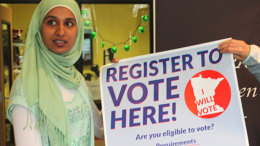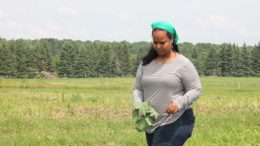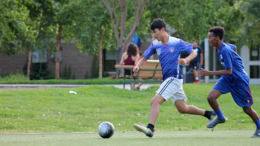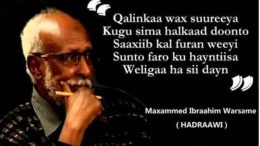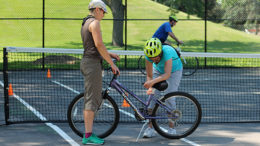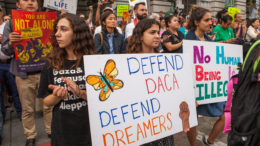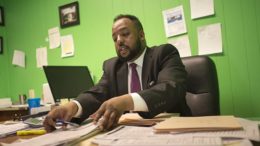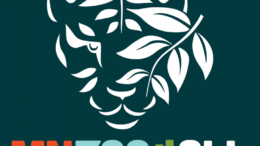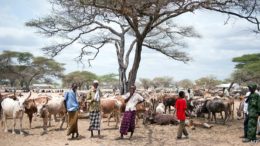The Benjamin B. Ferencz Young Fellows in Human Rights and Law
(St. Paul, MN; June 8, 2018) World Without Genocide announces a new youth advocacy and action program, the Benjamin B. Ferencz Young Fellows in Human Rights and Law. Fellowships will be awarded to five Summer Institute students who have participated in the 2018 Institute, Climate Change and Genocide: Sexual Violence and Disaster. Students will work on core areas of human rights including advocacy, communications, education, and outreach to support initiatives at city and state levels in the 2018-2019 academic year. High school and college students are encouraged to apply. More information is available at www.worldwithoutgenocide.org/about-us/young-fellows or 651-695-7621. World Without Genocide promotes education and action to protect innocent people, prevent genocide, prosecute perpetrators, and remember those affected by genocide.


